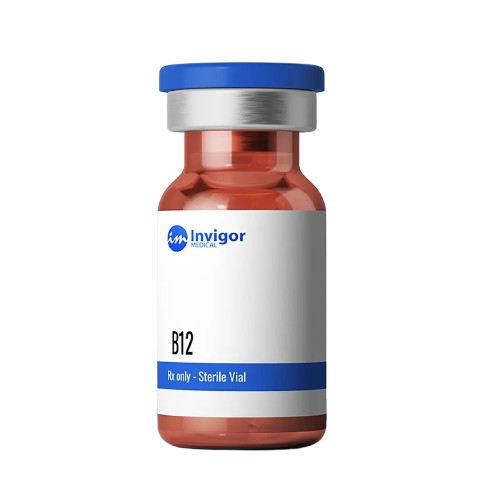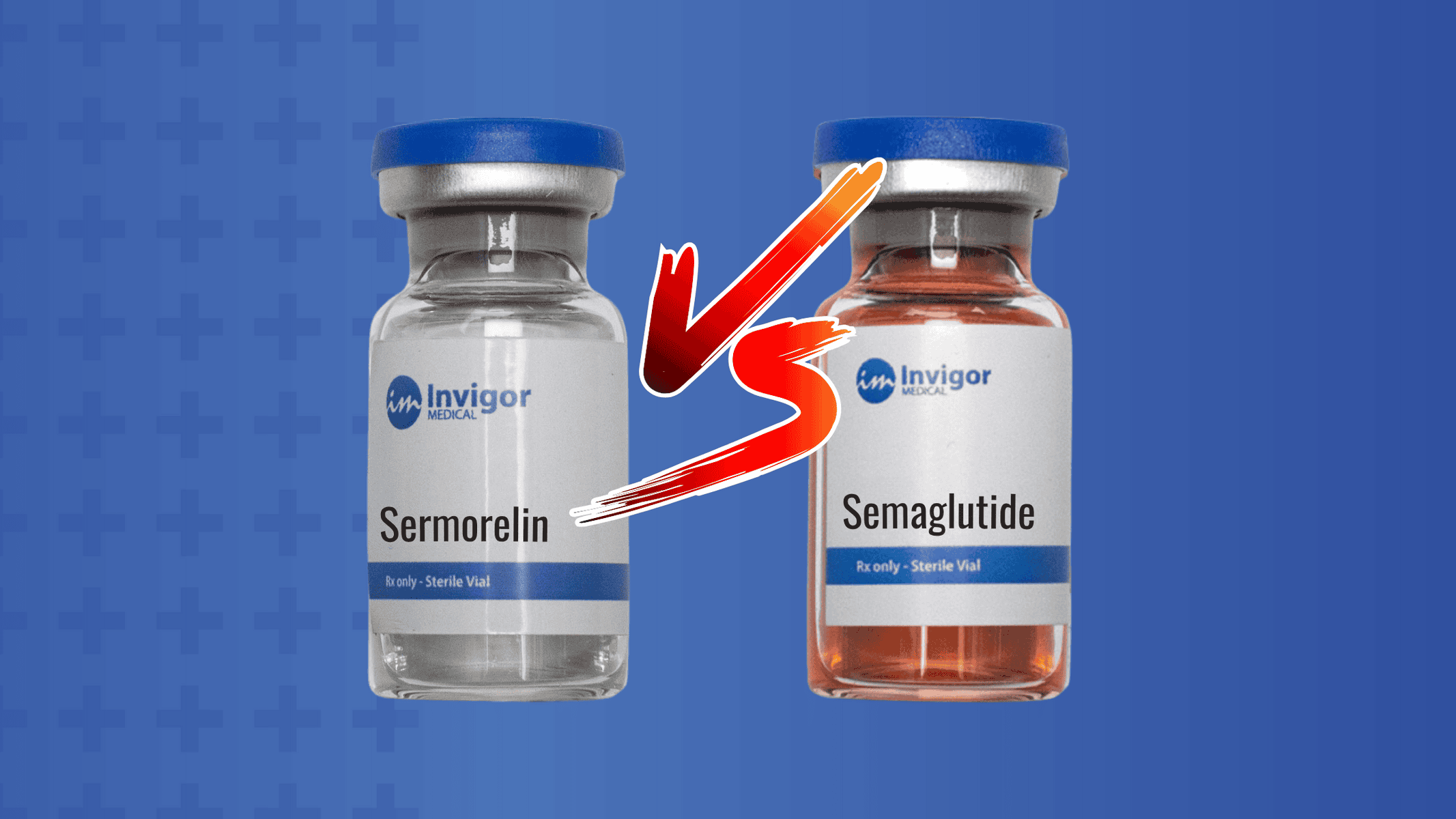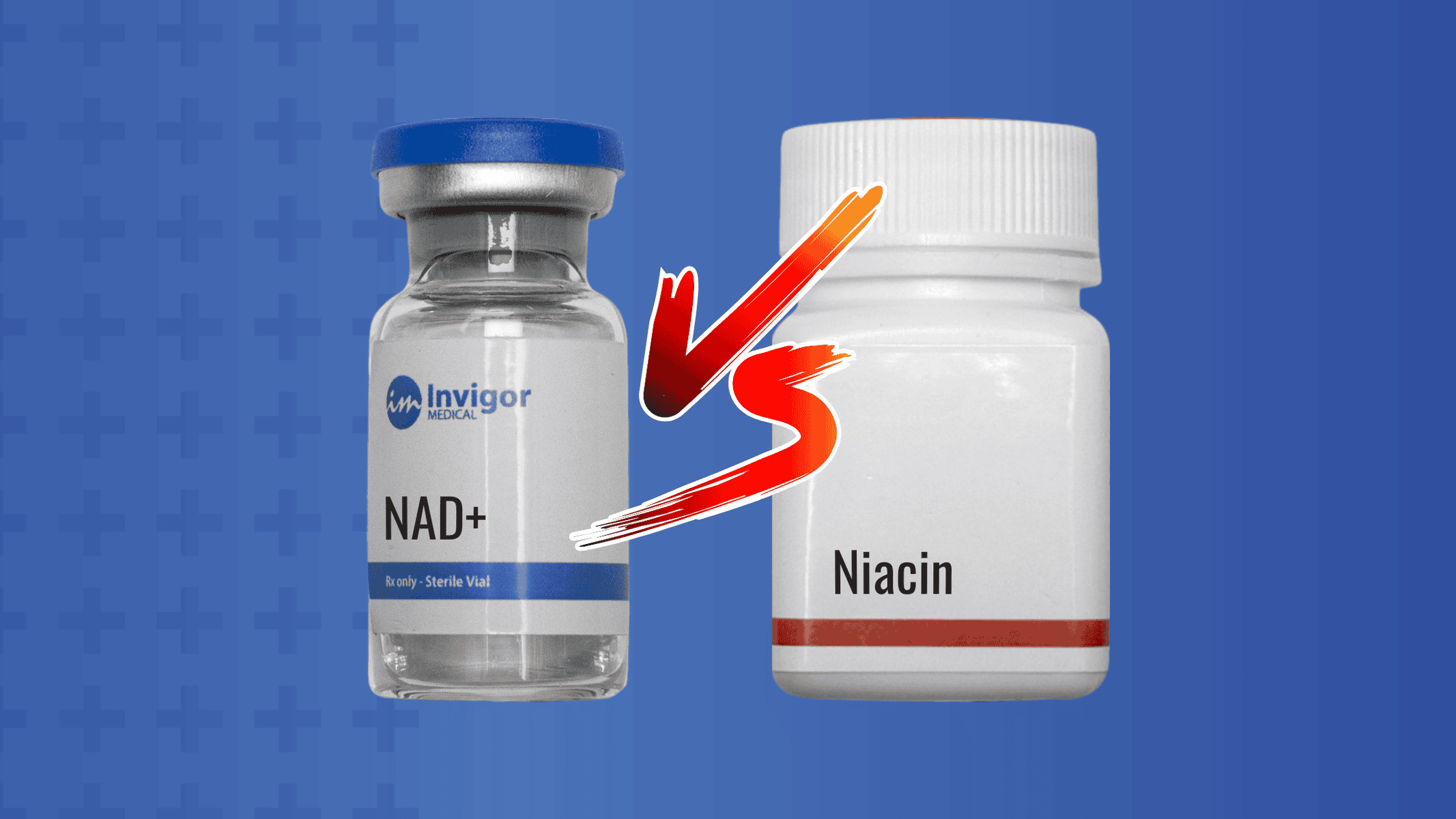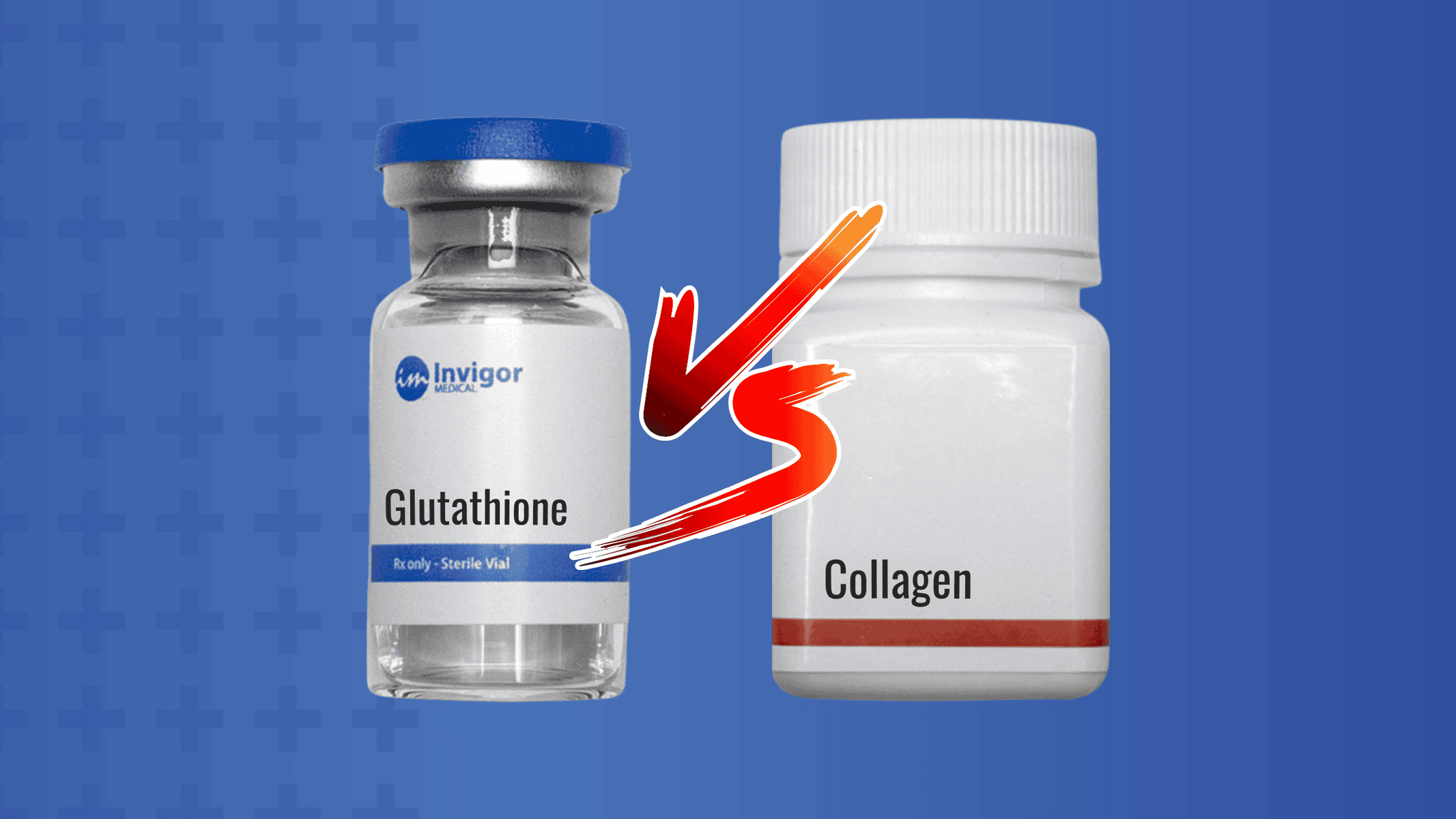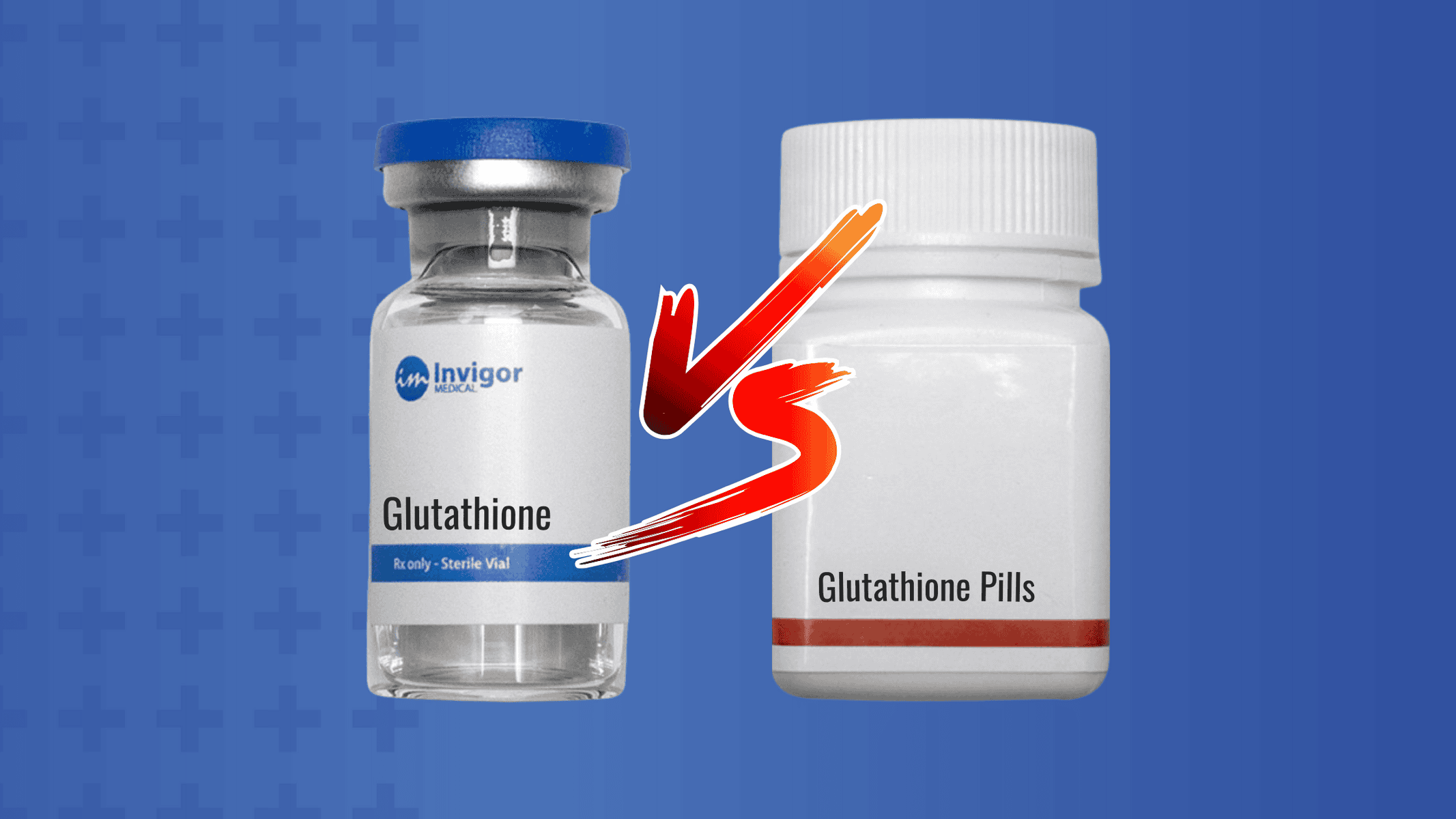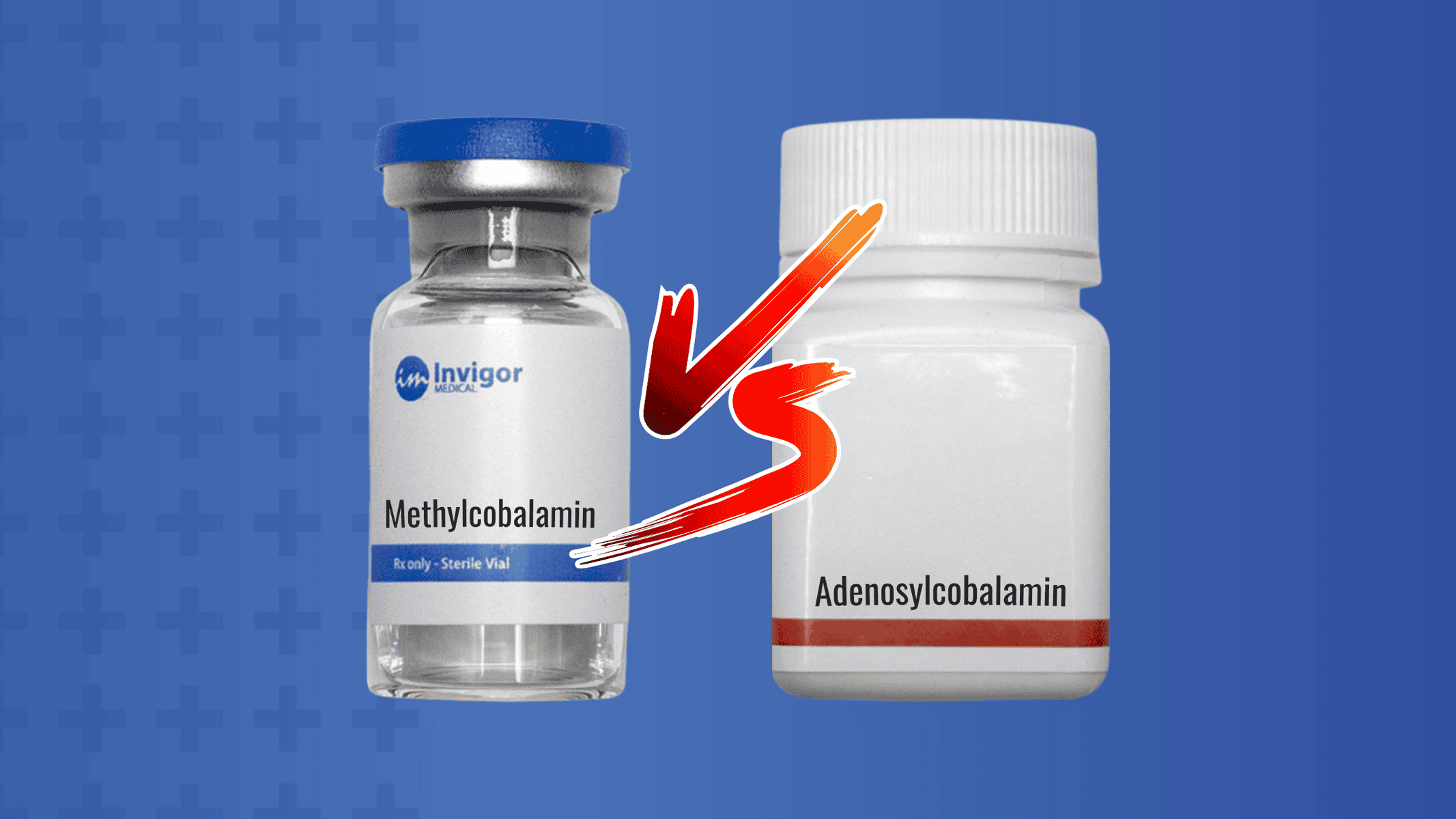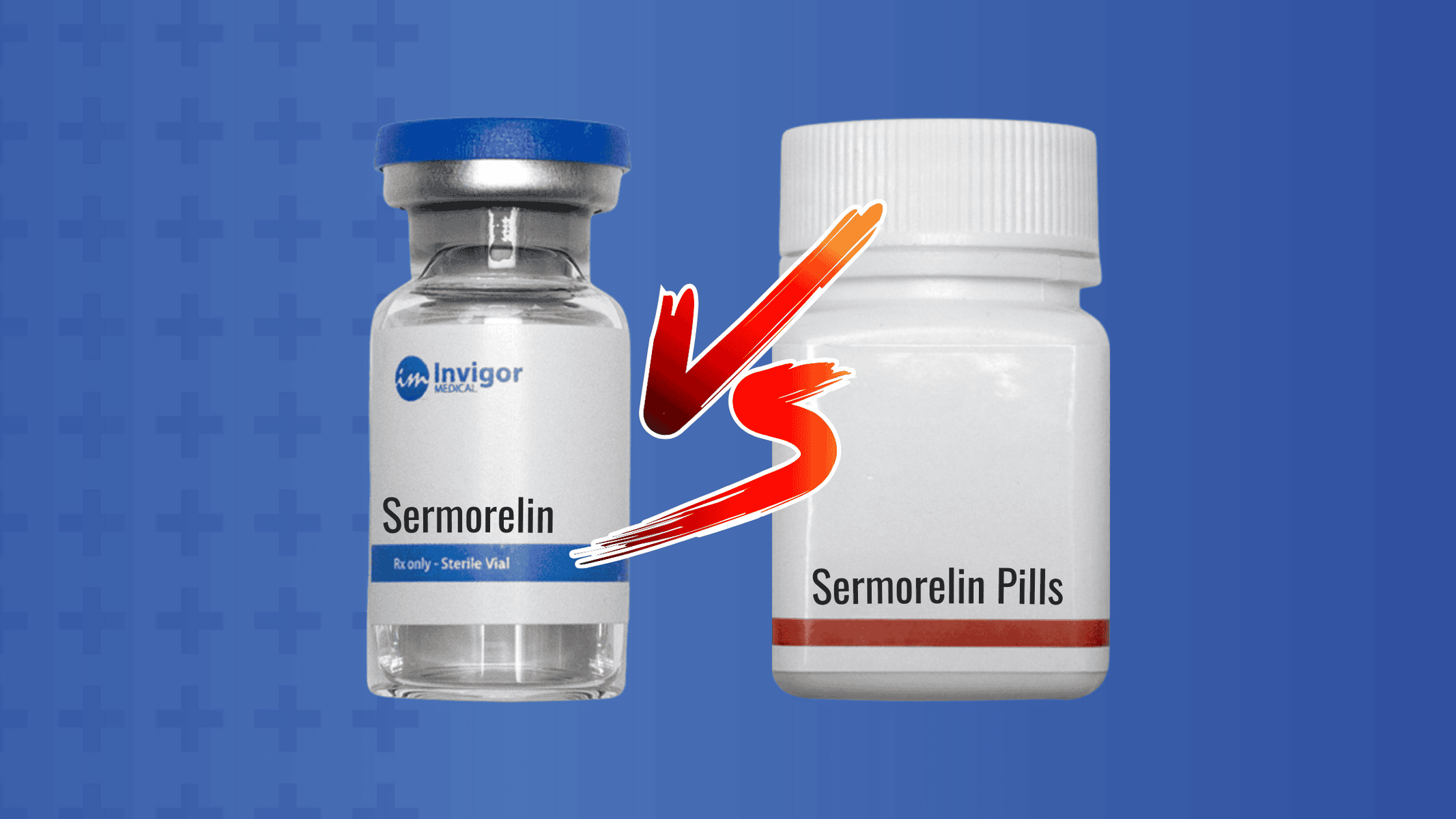B vitamins support important bodily functions. This class of vitamins consists of eight different water-soluble substances. The nutrients in B vitamins work within cells, DNA, and the nervous system, and they’re essential for everything from blood health to immune system strength.
Oral B-complex supplements include all of the B vitamins. Though they can help you ensure the right balance of nutrients, B-complex vitamins may not be ideal for dealing with specific vitamin deficiencies.
For instance, vitamin B12 is essential for the production of red blood cells and nervous system health. If you have a B12 deficiency, you may not get enough with B-complex supplementation. Instead, you need B12 injections or oral supplements to address the problem.
Here is a closer look at the relationship between B-complex and B12 and when you need supplementation from one or the other.
Table of Contents
What Is Vitamin B Complex?
Vitamin B complex isn’t a single vitamin. It’s a product that combines all eight B vitamins. You can think of it as a vitamin B-specific multivitamin. It includes the following components:
- B1 (thiamine)
- B2 (riboflavin)
- B3 (niacin)
- B5 (pantothenic acid)
- B6 (pyridoxine)
- B7 (biotin)
- B9 (folic acid)
- B12 (cobalamin)
A proper balance is important because each vitamin performs specific functions within your body, from cell and nerve growth to skin and hair health.
You can ensure you’re getting the right amount of each B vitamin for overall well-being with a B-complex supplement. Keep in mind that all B vitamins are available through dietary sources, but a B-complex supplement can ensure you get enough of each daily.
What Is Vitamin B12?
Vitamin B12 supports nervous system health, DNA synthesis, and the formation of red blood cells. A deficiency can lead to conditions like anemia, nerve pain, and immune system problems.
B12 can come from dietary sources. It is primarily found in red meat and seafood, but it can also come from foods fortified with vitamin B12. The body relies on enzymes and a protein called intrinsic factor to absorb B12 nutrients through the small intestine.
Problems with absorption or a lack of dietary B12 can lead to health issues. However, you can use supplements to correct this deficiency.

Key Differences Between Vitamin B Complex and B12
Vitamin B complex includes vitamin B12 and seven other B vitamins. B-complex vitamins have each of the eight substances at recommended daily levels. For instance, the B complex may include the recommended daily allowance of B12, which is 2.4 mcg.
However, people with a B12 deficiency may need to take higher doses to get the nutrient balance they need. This dosage is not usually available in B-complex products.
Should I Take B12 or B Complex?
As you can see, B12 supplementation is for specific needs, and B-complex is better for overall health maintenance.
If you have a balanced amount of B vitamins, a doctor may recommend taking B-complex. However, if you have a B12 deficiency, evident with a blood or urine test, or if you are at risk for developing one due to conditions like anemia, they may prescribe B12 injections.
Also, a doctor could prescribe B12 for specific conditions, such as nerve pain.

Health Benefits of Vitamin B Complex
The vitamin B complex offers specific health benefits, with each of the eight B vitamins playing a unique role. Here are some of the most important benefits.
- Energy: B1, B2 (riboflavin), and B3 are essential for metabolizing food and helping to reduce fatigue.
- Brain function: Vitamins B6, B9, and B12 support cognitive function and improve mood.
- Digestive health: All B vitamins support digestive system health.
Overall, the vitamin B complex ensures that your body functions smoothly by supporting biochemical processes essential for overall well-being.
Health Benefits of Vitamin B12
Vitamin B12 offers several specific health benefits to cells, blood, and the nervous system. Here are some key advantages of vitamin B12.
- Neurological functions: Vitamin B12 is crucial for the maintenance of myelin sheaths, which protect nerve fibers and ensure clear nerve signals.
- DNA synthesis and repair: Vitamin B12 is essential for DNA synthesis, ensuring proper cellular function and preventing illness-causing mutations.
- Immune functions: B12 also supports a healthy immune system by aiding in the production and repair of infection-fighting blood cells.
Though supplementation can help bring about these benefits in people with deficiencies, you need to be aware of the potential side effects of high vitamin B doses.
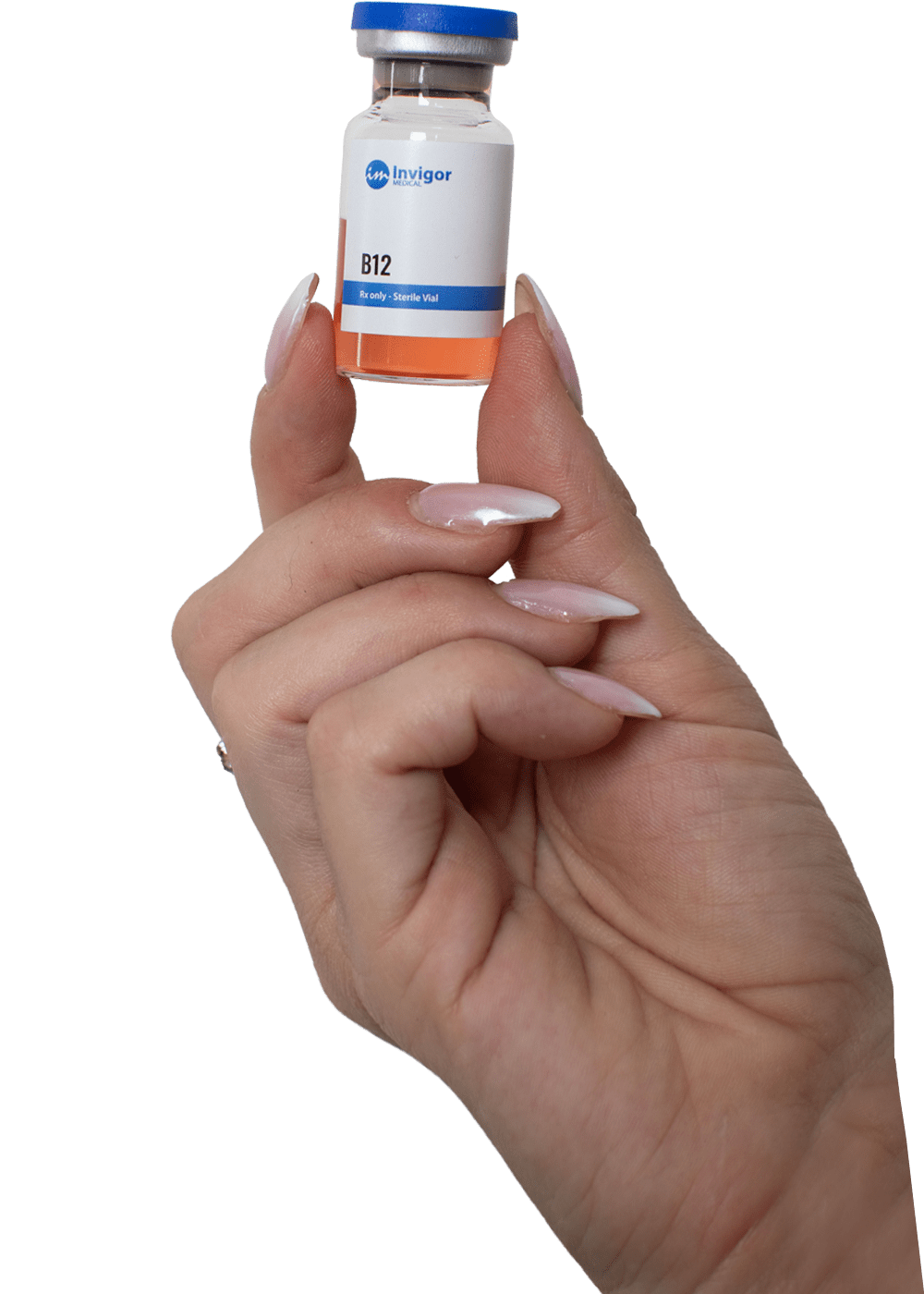
Potential Side Effects of Vitamin B Complex
The following issues are most common with higher doses of B-complex vitamins:
- Digestive issues: B vitamins, particularly B6 and B3, can cause nausea, abdominal cramps, and diarrhea.
- Skin reactions: High doses of vitamin B can lead to itching and rashes.
- Liver damage: Overconsumption of B3 can result in liver toxicity and damage.
Other milder symptoms, such as headaches and dizziness, can also occur in some B-complex users.
Potential Side Effects of Vitamin B12
Vitamin B12 is generally considered safe, but it could be possible to overdose if you consume large amounts regularly. Here are some of the symptoms you might encounter.
- Headaches and stomach problems: Some of the most common complaints include nausea and headaches.
- Acne and skin reactions: High doses of B12 can cause acne and other skin conditions.
- Anxiety: In rare cases, supplementing with high doses of B12 can lead to anxiety and heart palpitations.
The body is adept at removing excess nutrients through the urinary tract, which makes B12 toxicity relatively uncommon.

Dietary Sources of Vitamin B Complex and B12
Dietary sources can provide all B vitamins. With a balanced diet, you can potentially get all the necessary nutrients without supplements. Of course, other factors, like illness and malabsorption, can complicate the process. However, you should consider the following foods to get vitamin B12.
- Meat like beef, pork, and lamb
- Organ meats, such as liver
- Shellfish and fish like tuna
- Eggs
- Dairy products
You can also consider fortified foods like cereals and nutritional yeast. Meanwhile, a varied diet can ensure you get all B-complex vitamins.
- Beans and nuts often contain B1
- Dairy and greens have B2
- White meat and whole grains provide B3
- Red meat and avocados are rich in B5
- Chickpeas and bananas have plenty of B6
- Whole grains and yams give you B7
- Leafy greens and citrus fruits contain B9
For many people, a well-balanced diet can provide proper B vitamin levels.

Supplementation: When and Why?
If diet alone isn’t enough, you can consider supplementation. If you follow restrictive diets, such as a vegan diet, you may have a higher risk of deficiency due to limited dietary sources.
When considering supplementation, you can choose between injections and oral supplements. Each option offers different benefits.
Vitamin B12 Injections vs. Oral Supplements
Injections may seem like the less convenient option, but they provide a more direct route to cells, bypassing the digestive system completely. On the other hand, oral supplements offer convenience, but they require absorption, which could mean you need to take even higher doses to overcome any gastrointestinal inefficiencies.
It’s possible to self-administer injections for B12. This can be useful for regular maintenance doses, which can bring the ongoing benefits of B12 without requiring you to go to a physician every month to get a shot.

Interactions With Medications and Other Nutrients
Interactions between B vitamins and other nutrients or medications can influence their effectiveness and may pose potential risks or benefits. For example, stomach acid medications may affect vitamin B12 absorption.
Interactions between B vitamins and other nutrients can positively impact outcomes. For instance, vitamin B12 works well with B9 and omega-3 fatty acids to improve heart health.
In most cases, combining B vitamins with other supplements, like vitamin D, is safe as long as you stick to recommended dosages.
Outcomes of Vitamin B Complex and B12 Deficiency
Research suggests that patients with vitamin B12 or B complex deficiencies can generally recover well with appropriate treatment. However, the extent of recovery depends on factors such as the severity of deficiency, underlying conditions, and response to supplementation. Some deficiencies could be caused by much more serious illnesses, like cancer.
Deficiency correction, followed by maintenance supplementation, if necessary, can help achieve the best possible outcomes.
Maximizing the Benefits of Vitamin B Complex and B12
To maximize the benefits of vitamin B complex and B12 supplementation, you should consider frequency and timing. The timing for vitamin B12 injections may be weekly or monthly, depending on the condition and severity of the deficiency. Oral supplements are usually best taken with meals daily.
Since consistency is important, you can purchase your own B-complex supplements or B12 injections. You might also consider compounds with additional benefits. B12 with lipotropic compounds is an example of this option.
With the right balance of B vitamins, including B12, you can ensure proper support for essential body functions and avoid potential health problems linked with a deficiency of these vitamins.

